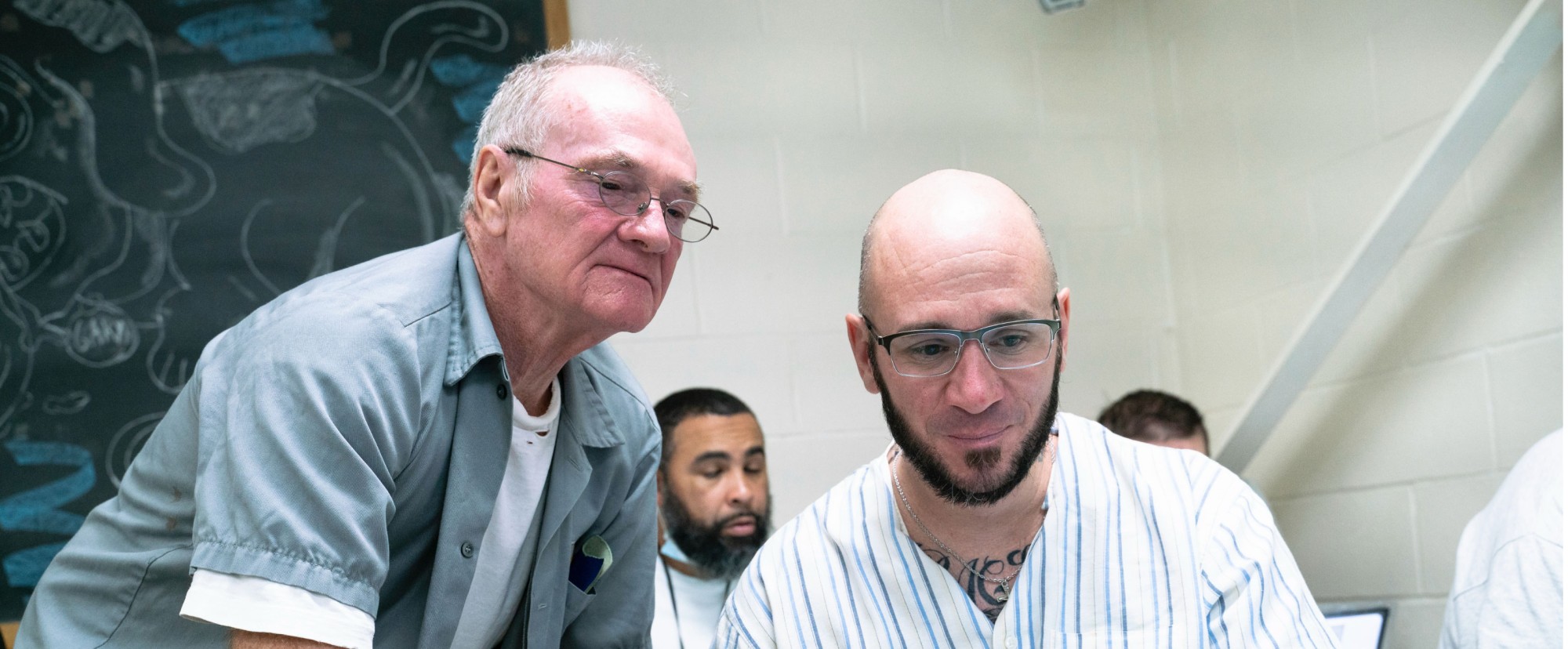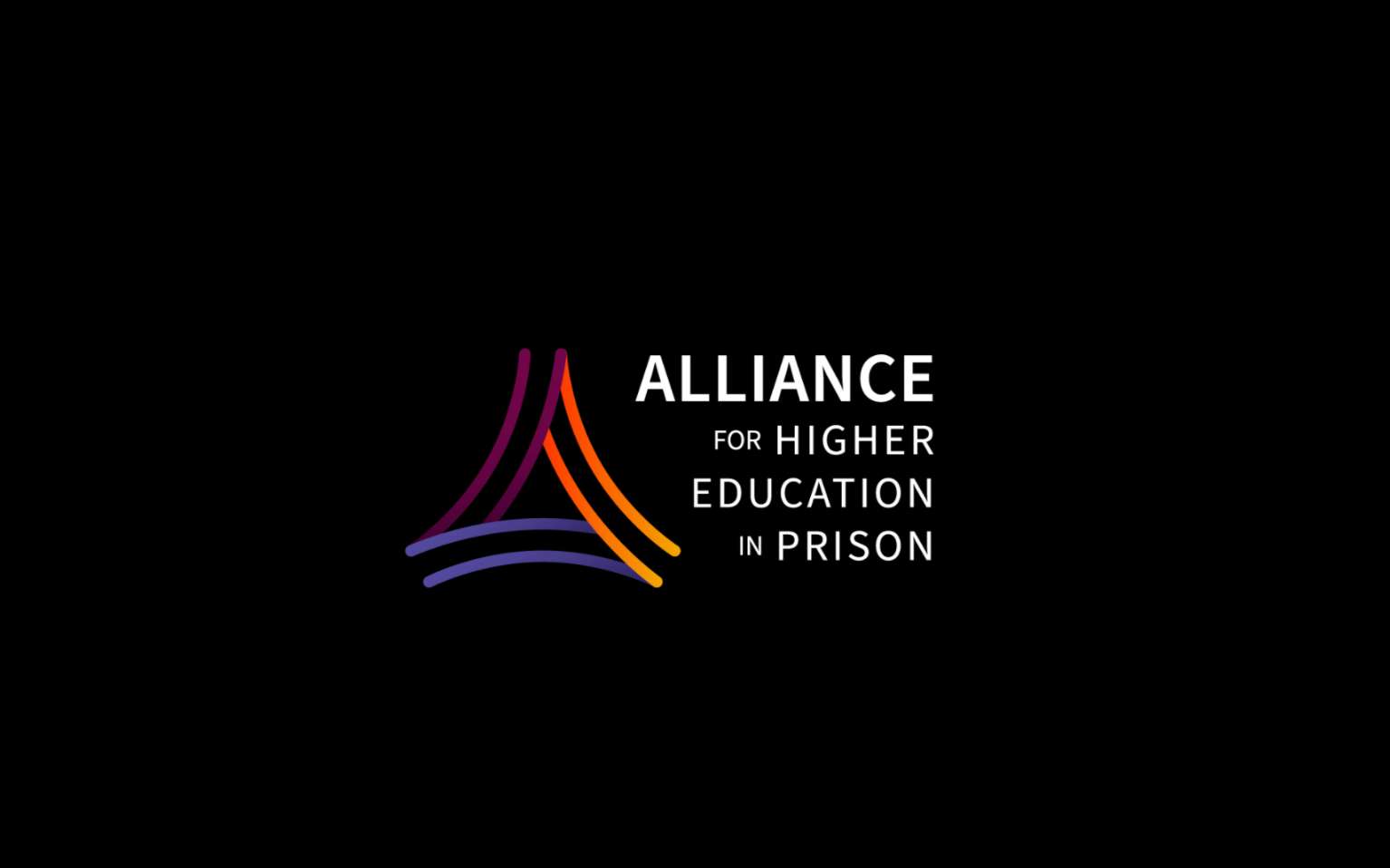
Expand Postsecondary Education in Prison
For justice-impacted people already disadvantaged in the job market, postsecondary education is key to successful reentry into the community and labor force. While access to high-quality postsecondary education in prison remains an issue, there are signs of progress.
The upcoming restoration of Pell Grants for incarcerated and formerly incarcerated adults in the 2023-24 academic year presents a unique opportunity to strengthen and support quality postsecondary education programs in preparation for the new students eager to enroll. Meanwhile, pandemic-related restrictions have caused postsecondary education prison providers and state corrections officials to rethink the use of technology in prison and adopt new learning platforms and approaches.
We’re excited to support efforts that rise to meet this moment. That includes supporting partners working to implement new practices and scale what’s proven to work, building a body of evidence through research and evaluation and supporting strong multi-sector statewide partnerships. It also includes supporting work to harness new technologies and ready institutions to use Pell Grants in a way that maximizes the benefit to incarcerated learners.
Already, more states are seeing the benefits of coordination and collaboration in this space. By working together, we can continue to make access to high-quality postsecondary education in prison more equitable, leading to increased success for incarcerated learners and their families.
Featured Grants
Ready for Pell
$4.7 million
Postsecondary education in prison programs are gearing up for the reinstatement of Pell Grants. Ascendium designed this two-year initiative to provide technical assistance to 20 postsecondary education in prison providers and two state systems. It will allow them to implement best practices in the design and delivery of their programs and facilitate statewide coordination efforts to maximize credential offerings. To aid in the creation of an infrastructure to assess the impact of these programs, the initiative will support the building of program-level data collection capacity. A third-party evaluation will surface and share lessons learned to inform efforts to scale access to Pell Grants in prisons.
Massachusetts Prison Education Consortium Expansion
$810,700
When incarcerated learners are transferred from one facility to another, their progress toward a degree or credential is often slowed or even halted. We believe prison system-wide approaches are necessary to best support the success of these learners. With support from Ascendium, the Educational Justice Institute at the Massachusetts Institute of Technology is designing a scalable, sustainable and replicable model of postsecondary education delivery throughout the Massachusetts prison system. This new model will unite the disparate courses offered throughout the correctional system into a coordinated network of transferable credits and focus on minimizing the impact of facility-to-facility transitions.
Featured Story

We’re committed to developing a better understanding of incarcerated learners through data and research. That’s why we funded a two-year, $925,000 grant to help develop a National Directory of Higher Education in Prison Programs.
Since launching in 2020, the directory has served as a comprehensive resource for people and institutions seeking information about postsecondary education in prison programs in the U.S. More than any resource that came before it, it tells a descriptive story about the landscape of the field, including the number of programs (by state), types of academic partners (both two-year and four-year) and degree pathways. It also allows users to access materials from various higher education in prison programs to support the launch or growth of their own programs.
“While some of this information has been collected before, it has not been previously collected on this scale or in the form of an online, interactive platform,” says Ascendium Director - Education Philanthropy Rebecca Villarreal. “We’re optimistic that it will help answer key questions about postsecondary education in prison programs and spur institutions and policymakers to make access to these programs more equitable.”
Visit the directory to find out more about the evolving community of postsecondary education in prison programs and to connect and collaborate with people and programs in this field.




